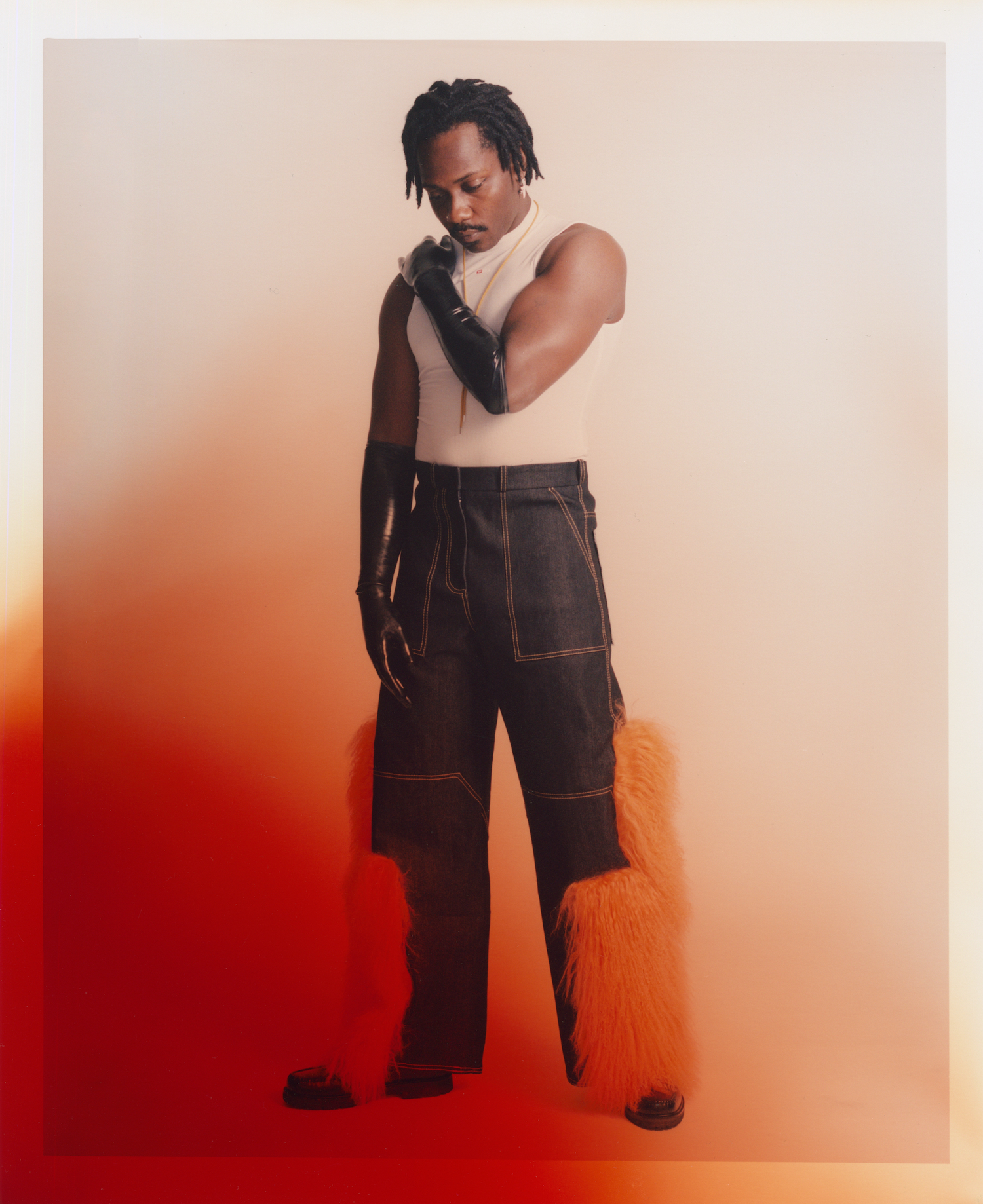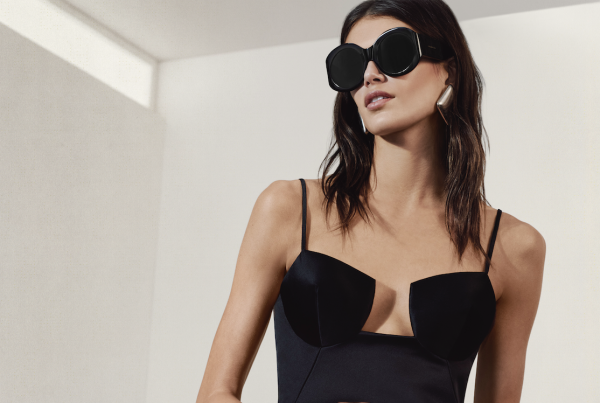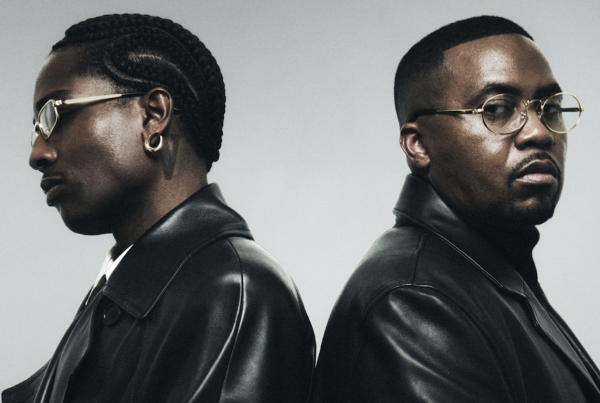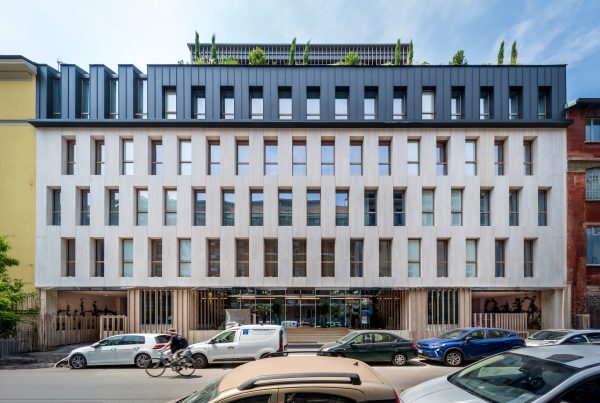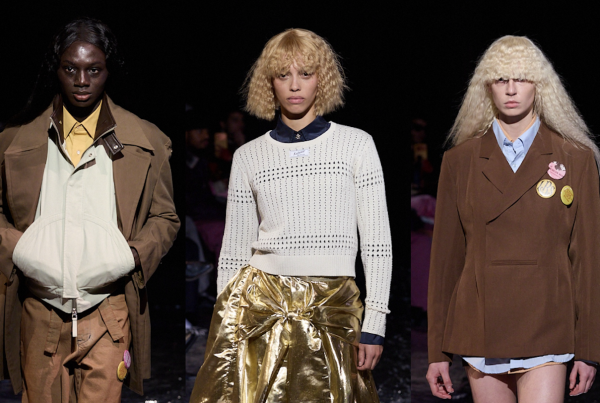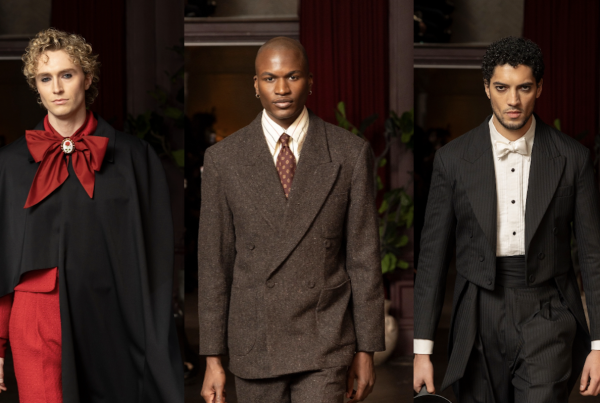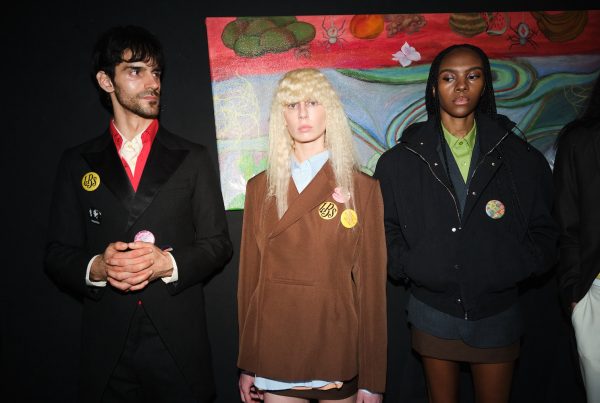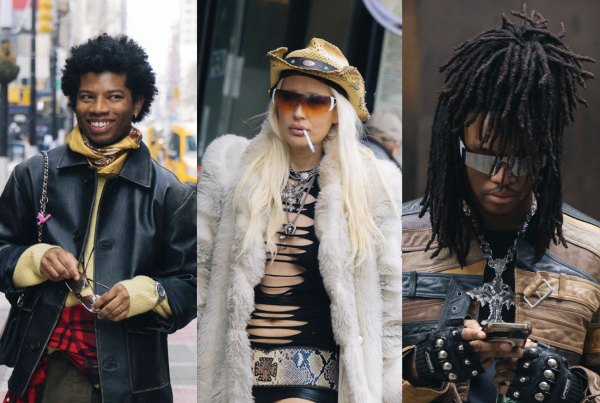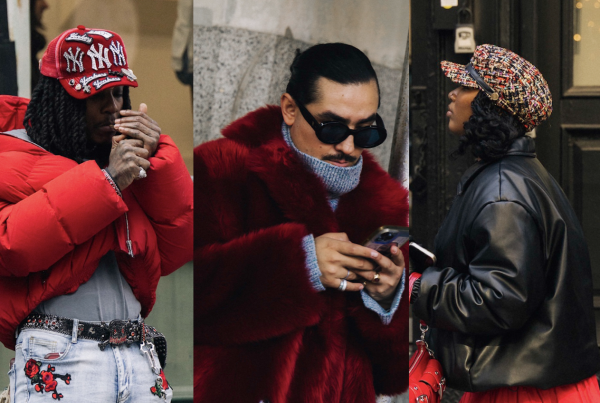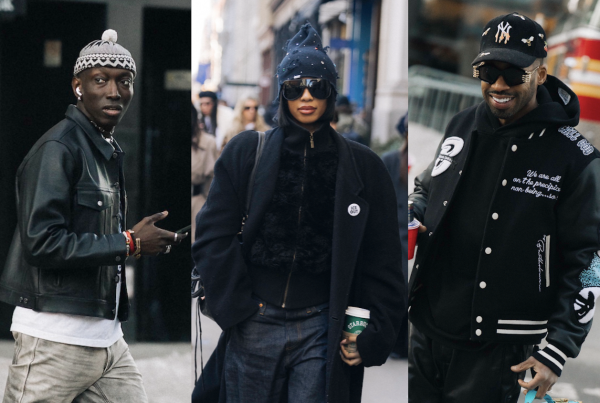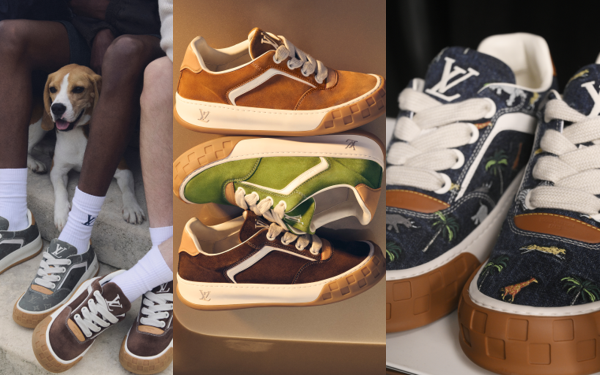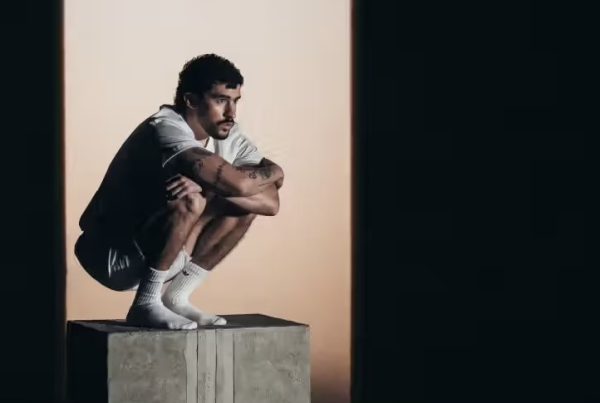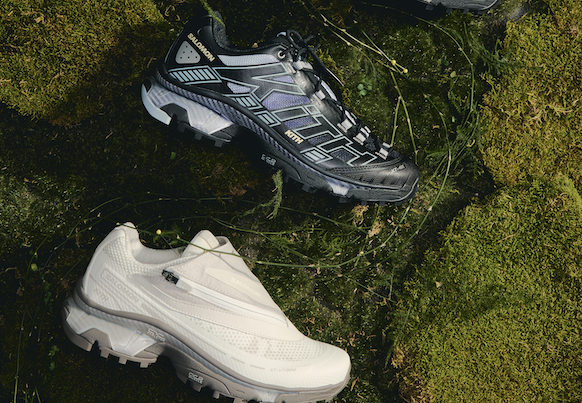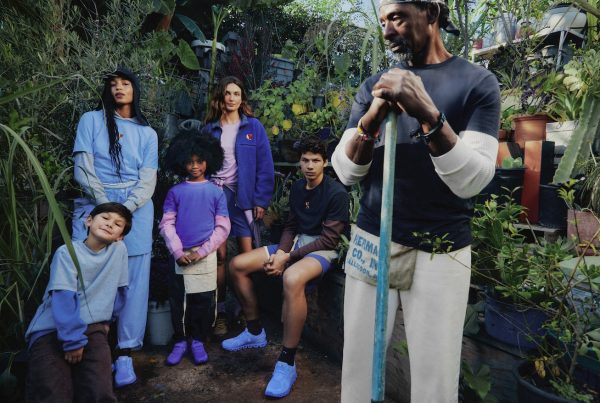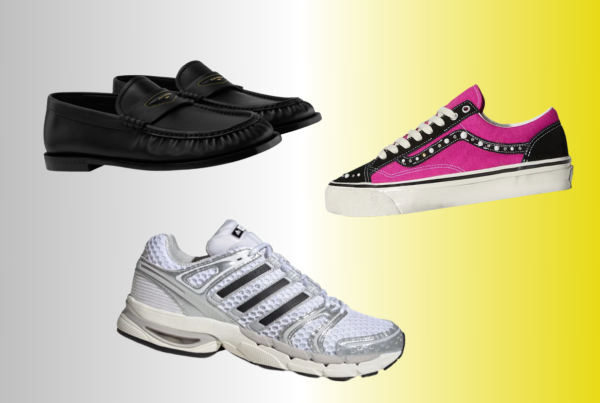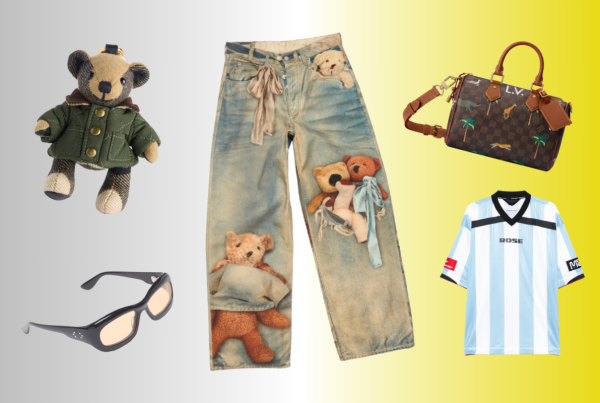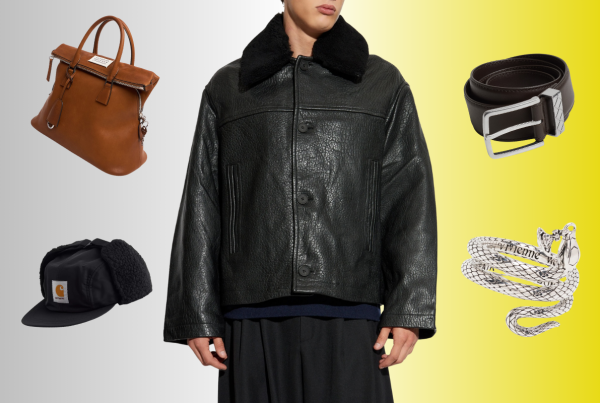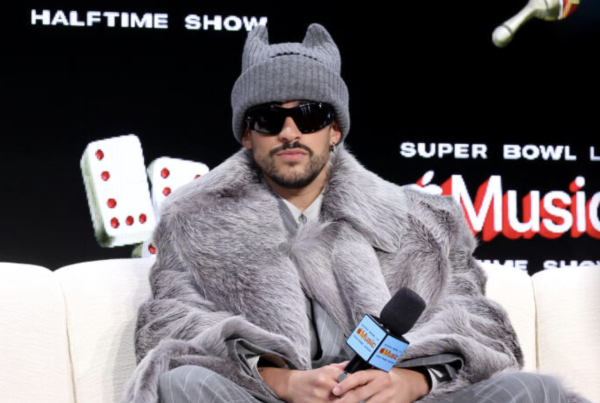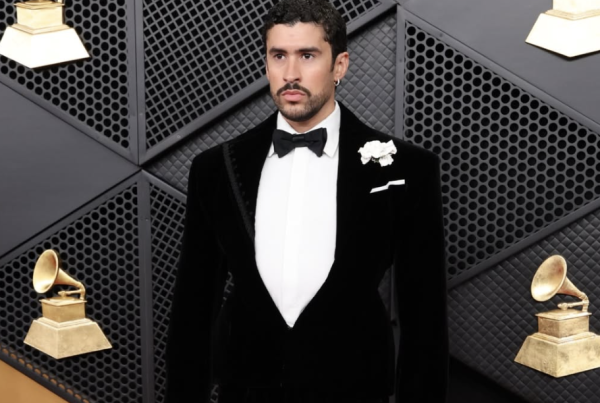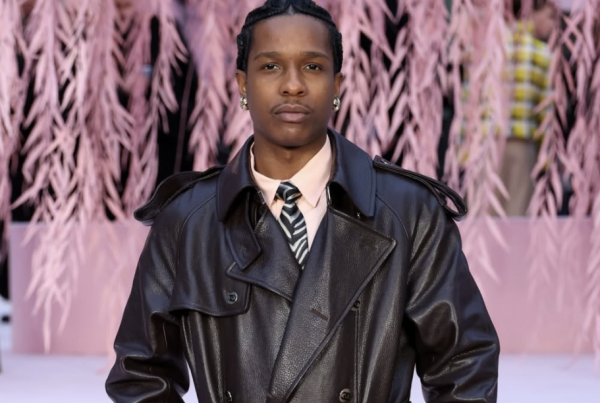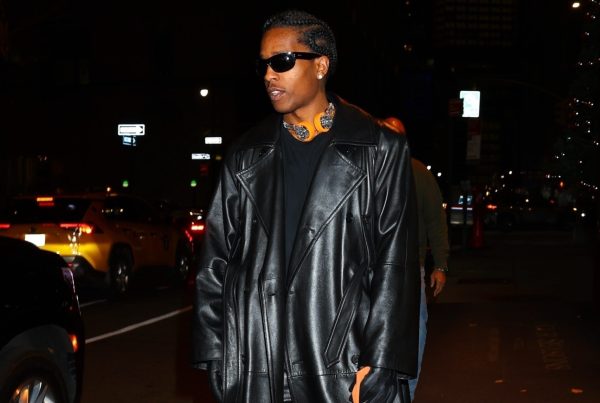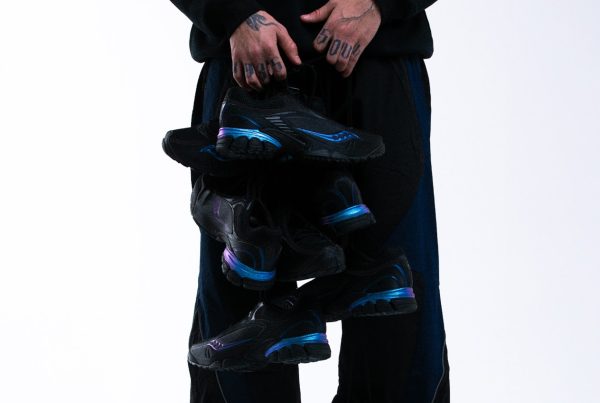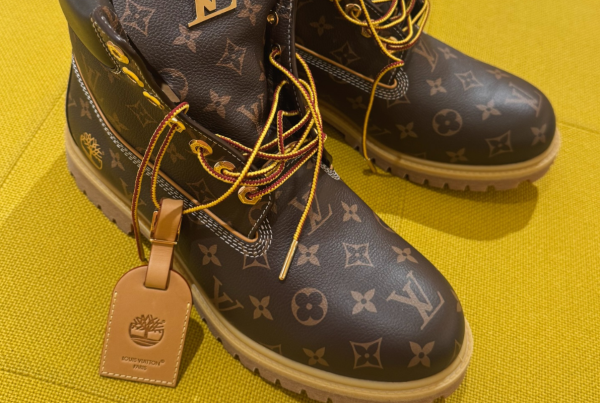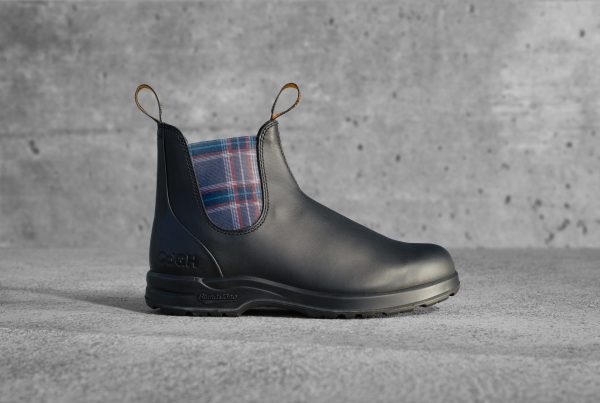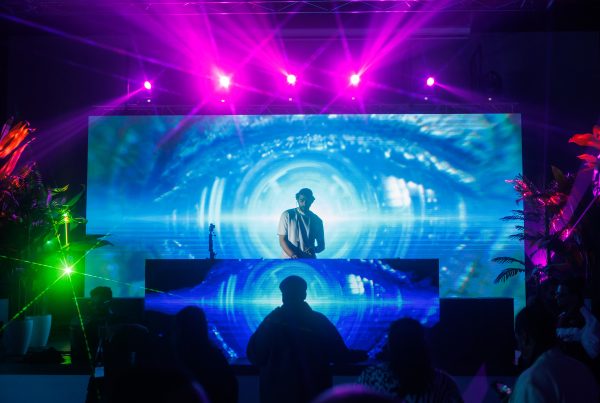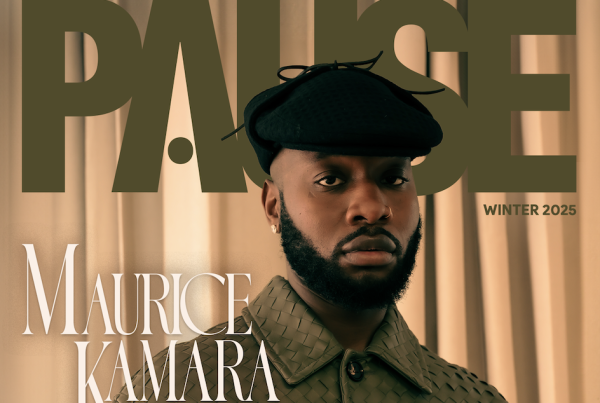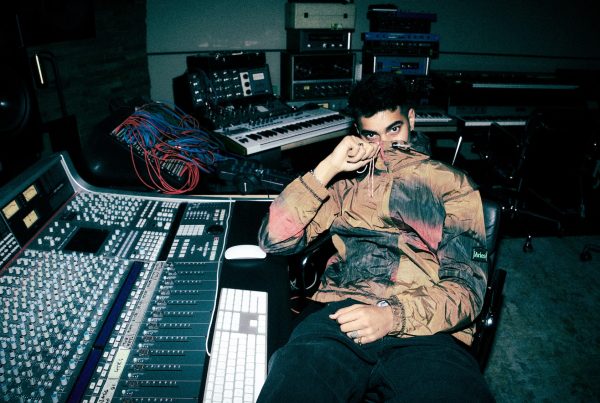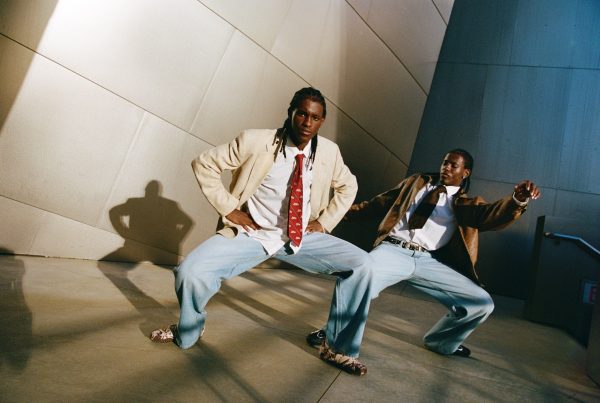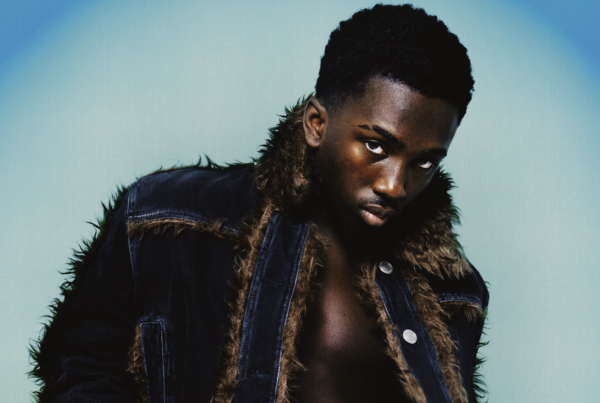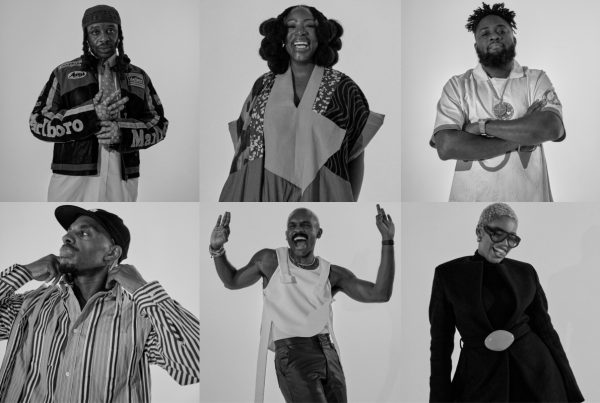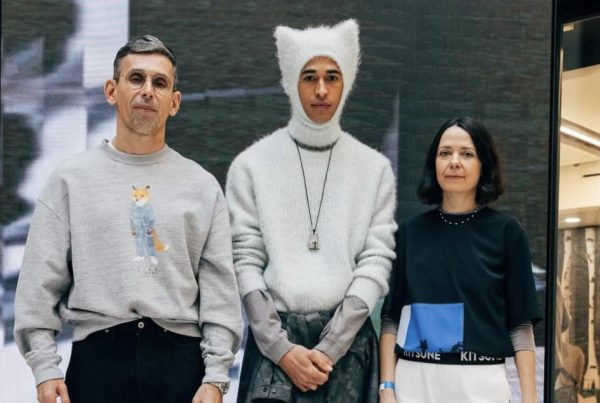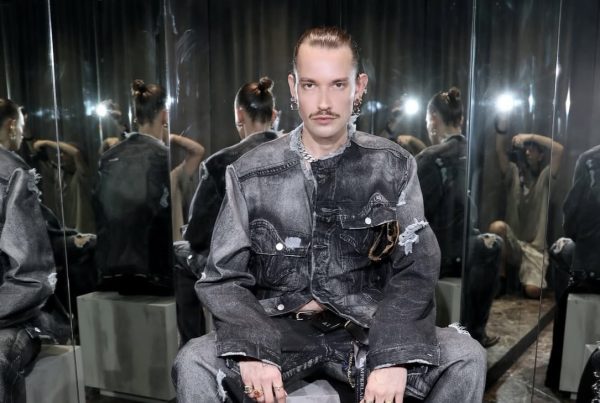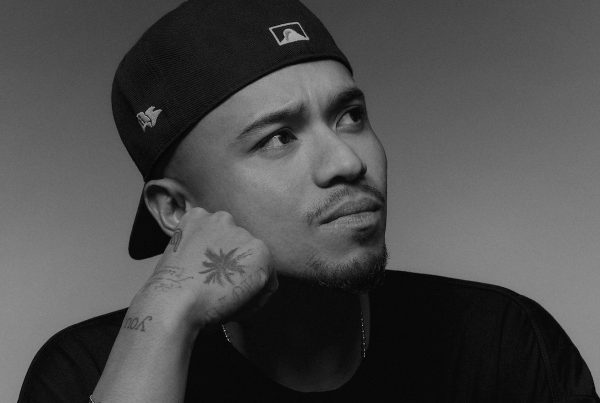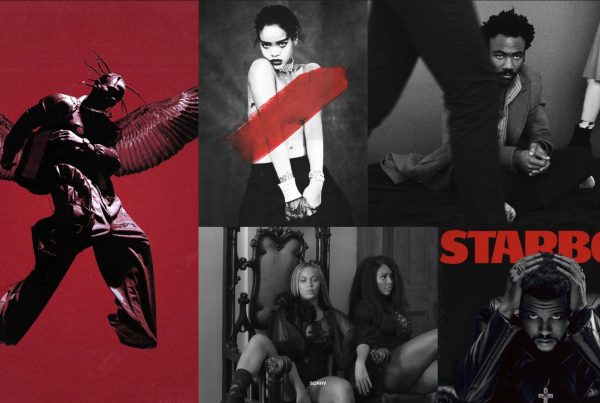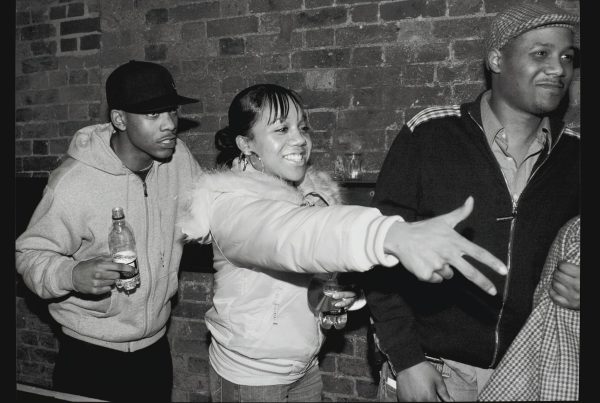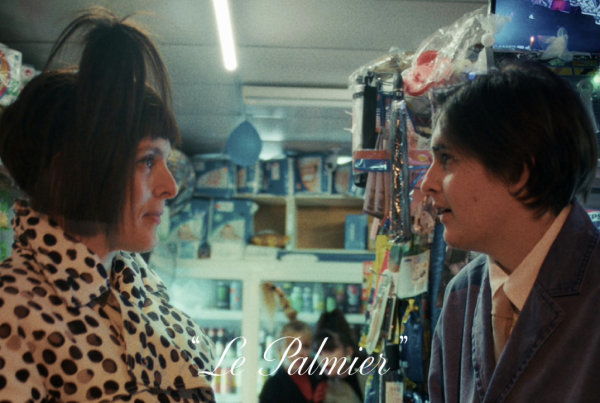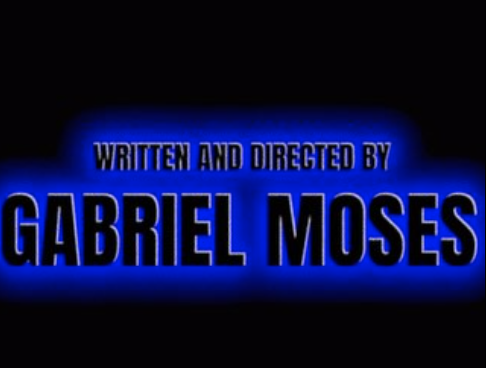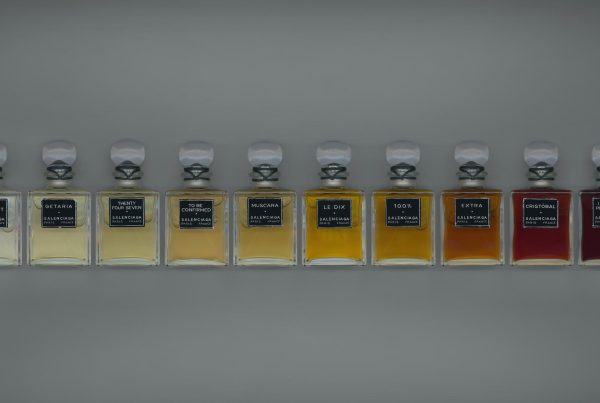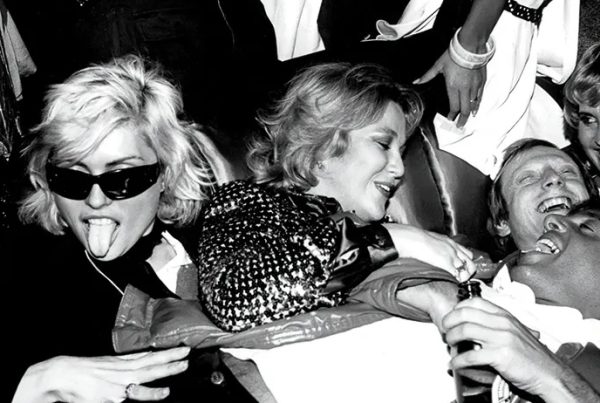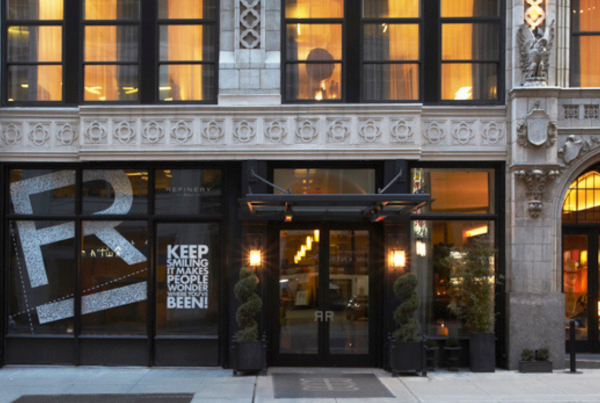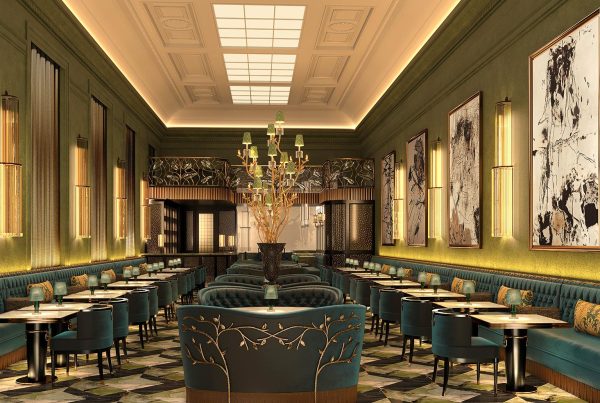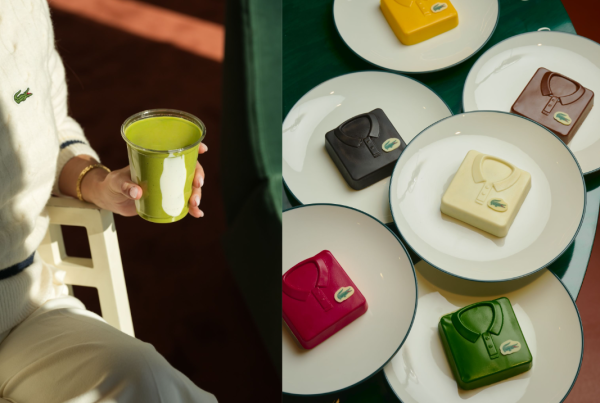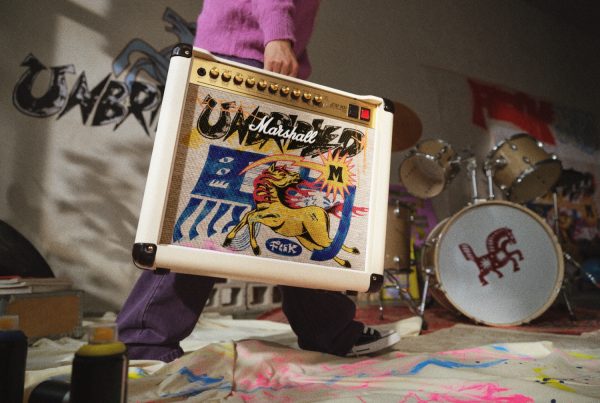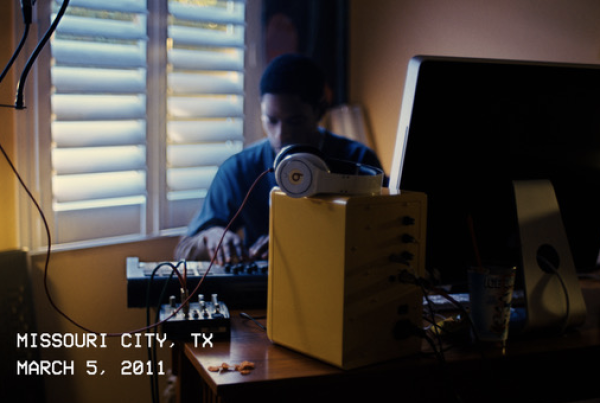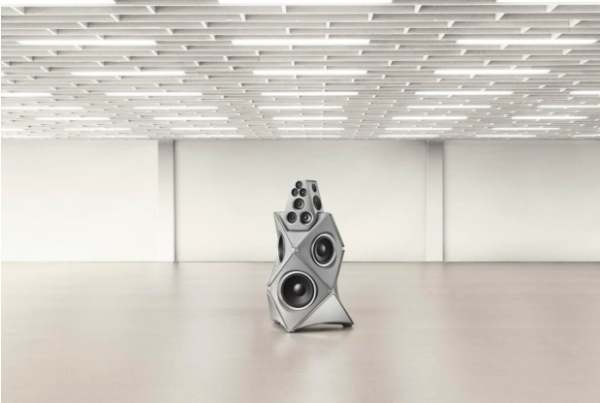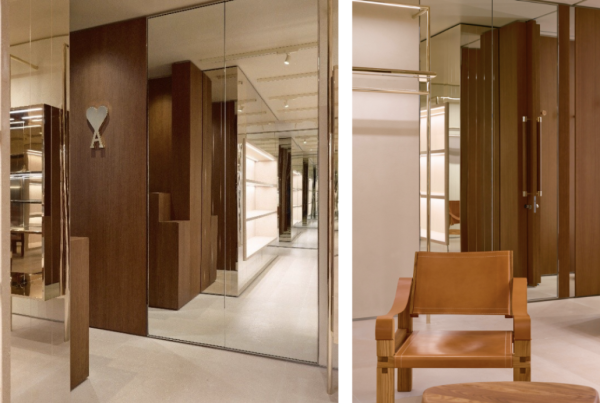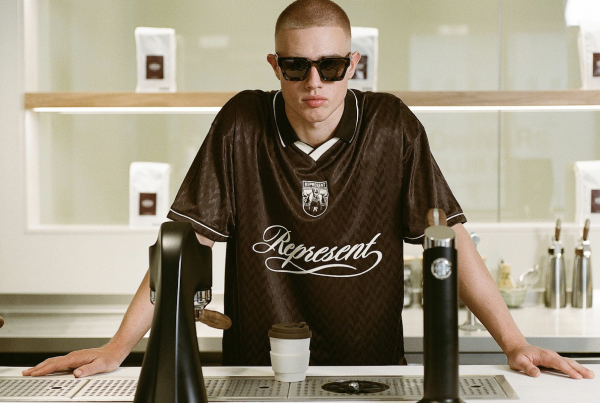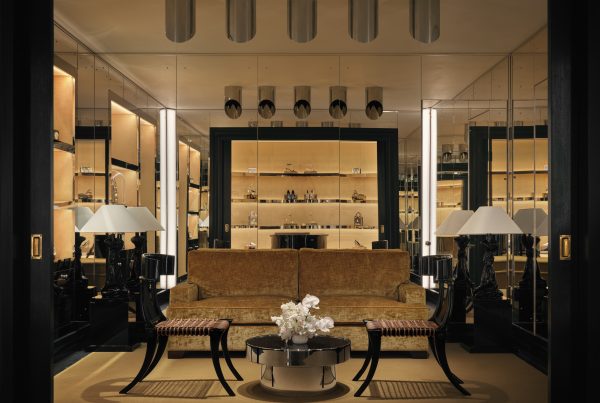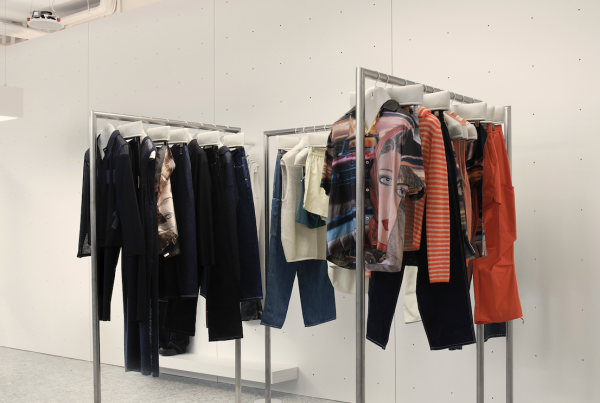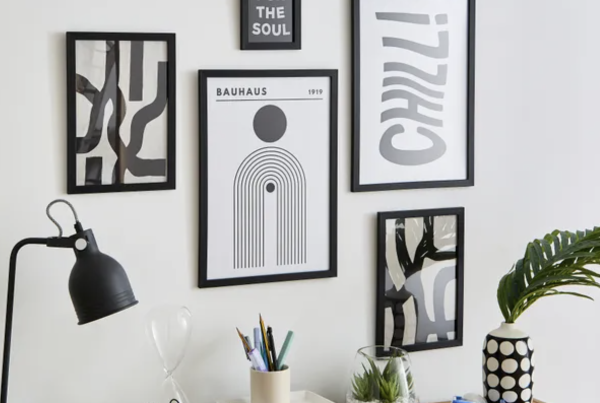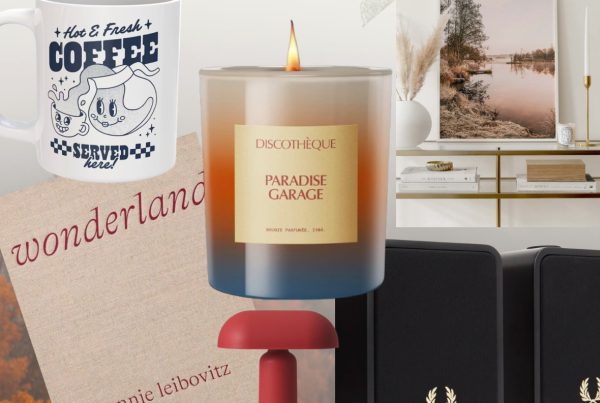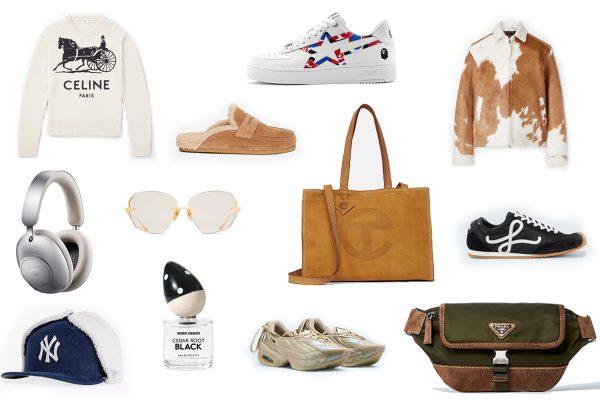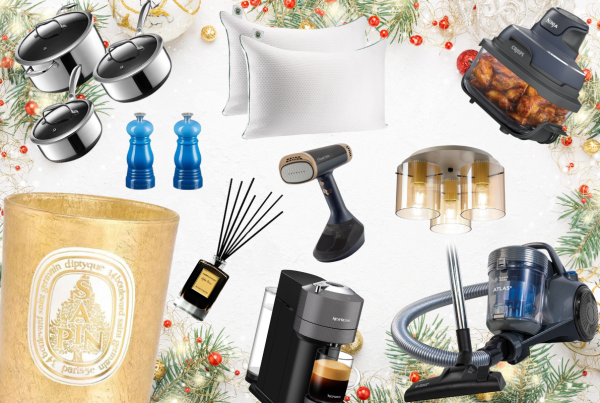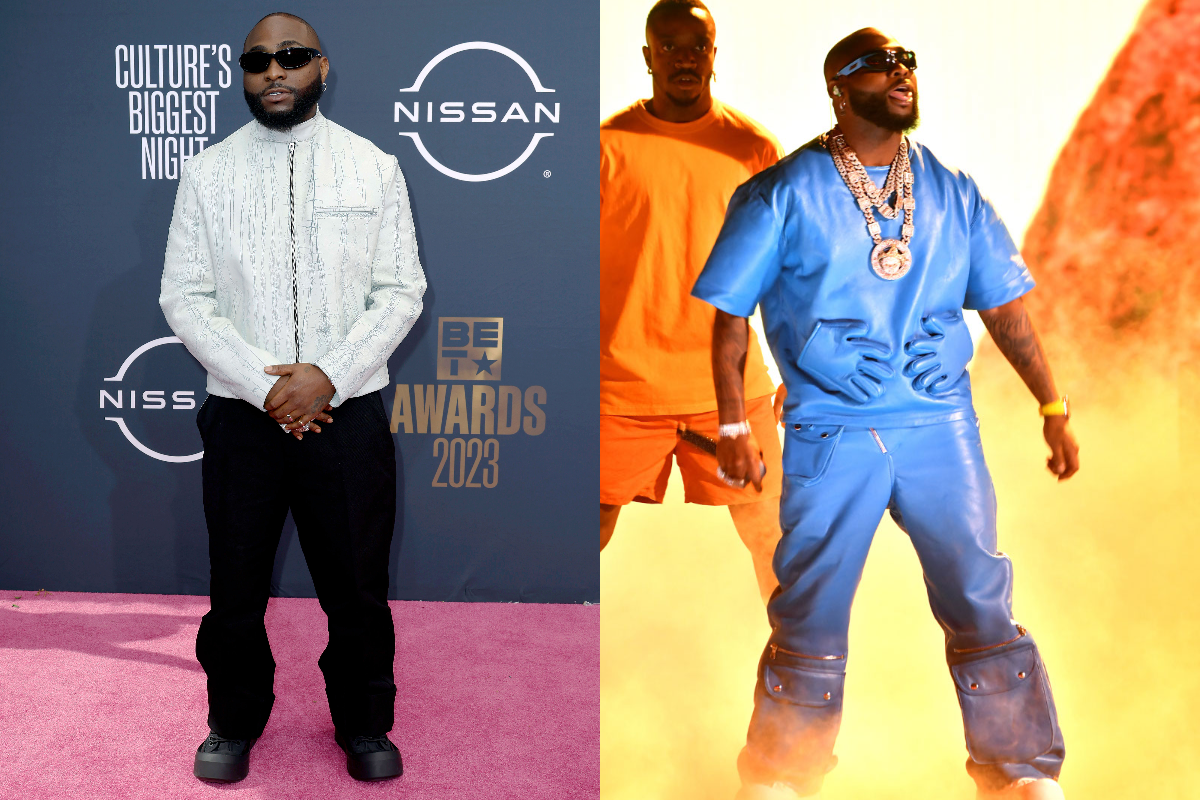PAUSE MEETS:
Channel Tres
Discusses new material, house music, and becoming a fully-fledged artist.
“I’ll be here when it’s mainstream. I’ll be here when it’s not.”
Sitting down with Compton’s Channel Tres, it is clear to see why he has been a mainstay in the house and dance music scene for a considerable time now, having long been known for his textured tones and richly layered instrumentals. Emanating a radiance and a clear open mind, collaboration and continuation are at the forefront of discussion, with Tres firmly looking towards what’s to come – as well as what got him to the point he is at now.
From early beginnings drumming on grandma’s pillows and hitting the libraries of LA to collaborating with the likes of Tyler, The Creator and Terrace Martin, Channel Tres graciously takes a seat with PAUSE to underline where he is at the moment, his stance on the house and dance music scenes, as well as what we can look for going forward.
Check it all out below.
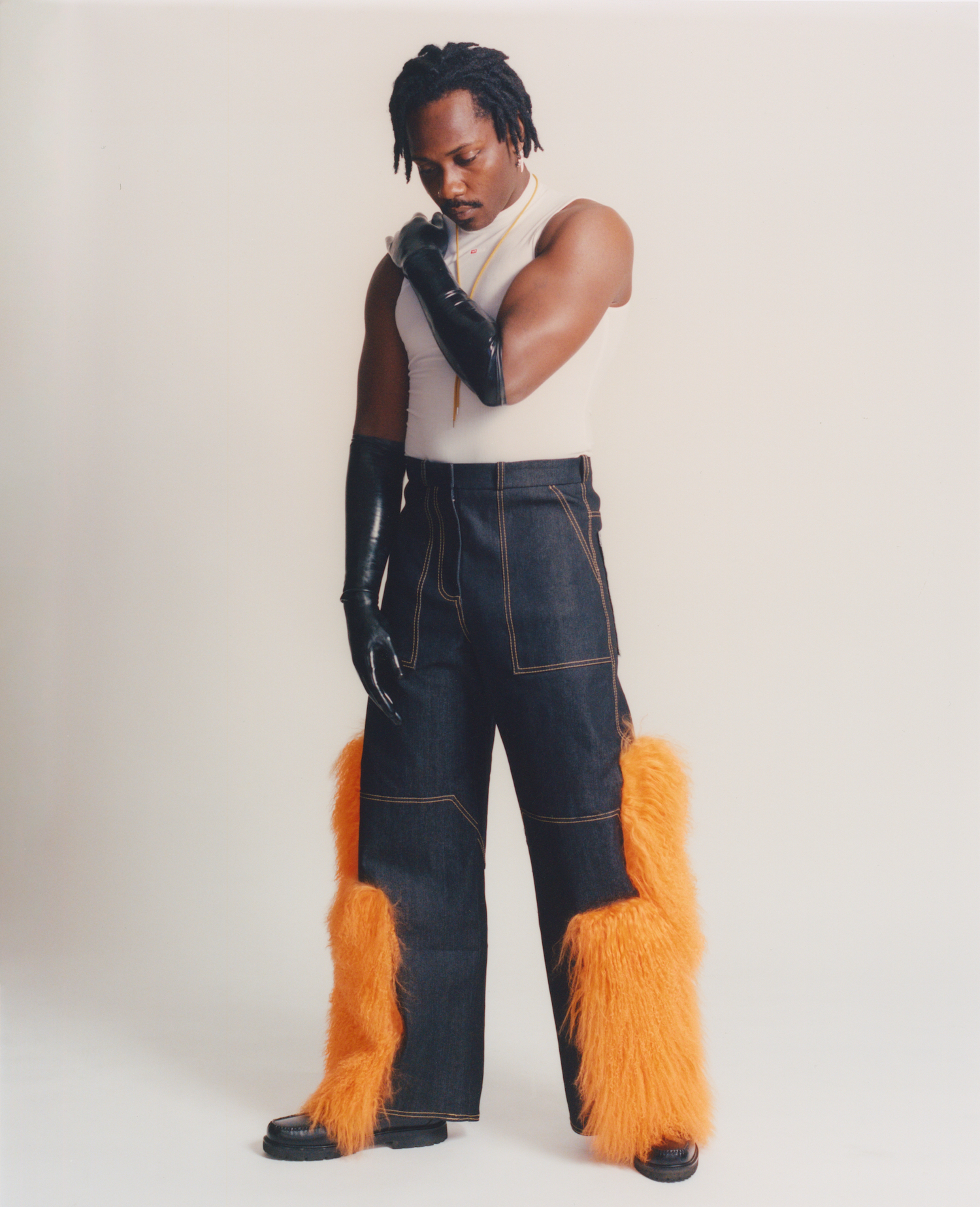
To start off, what was your earliest memory of making music?
My earliest memory of making music was using the spoons, like the cooking utensils, from my grandma to just bang on pillows.
Did you gravitate towards the drums when you were young?
I gravitated towards the drums, yeah.
What was difficult about transitioning from being solely a music producer to being a fully fledged artist? And do you feel like more was expected of you or that people looked at you in a certain way with that change?
The transition was… I mean, mentally, it was easy. But yes, I felt like more was expected of me and it took me about three years to really understand what an artist was, and the work that goes into it. As a producer, you know, I’m making tracks, and I’m helping with the production of the music, but I’m not necessarily doing all the work that the artist has to do, which is like travelling, marketing, and doing interviews, making sure whatever the aesthetic for that record is being addressed, working with a team, to schedule time to shoot the music video. You know, being able to talk about the tracks, and basically doing the things to get people to want to listen to it. Yeah, so that was something that I had to learn. I mean, I had good practice, because I would do it on SoundCloud, but when things caught, maybe when things started picking up with people, and more than 500 people started listening, it was like, okay, you know, I had to learn how to promote it in different ways and then get to know the songs, talk about performance and everything. I want to create choreo behind it, so now I’m going in with my choreographer, I’m creating movement to it. So yeah, it was a big transition to get used to.
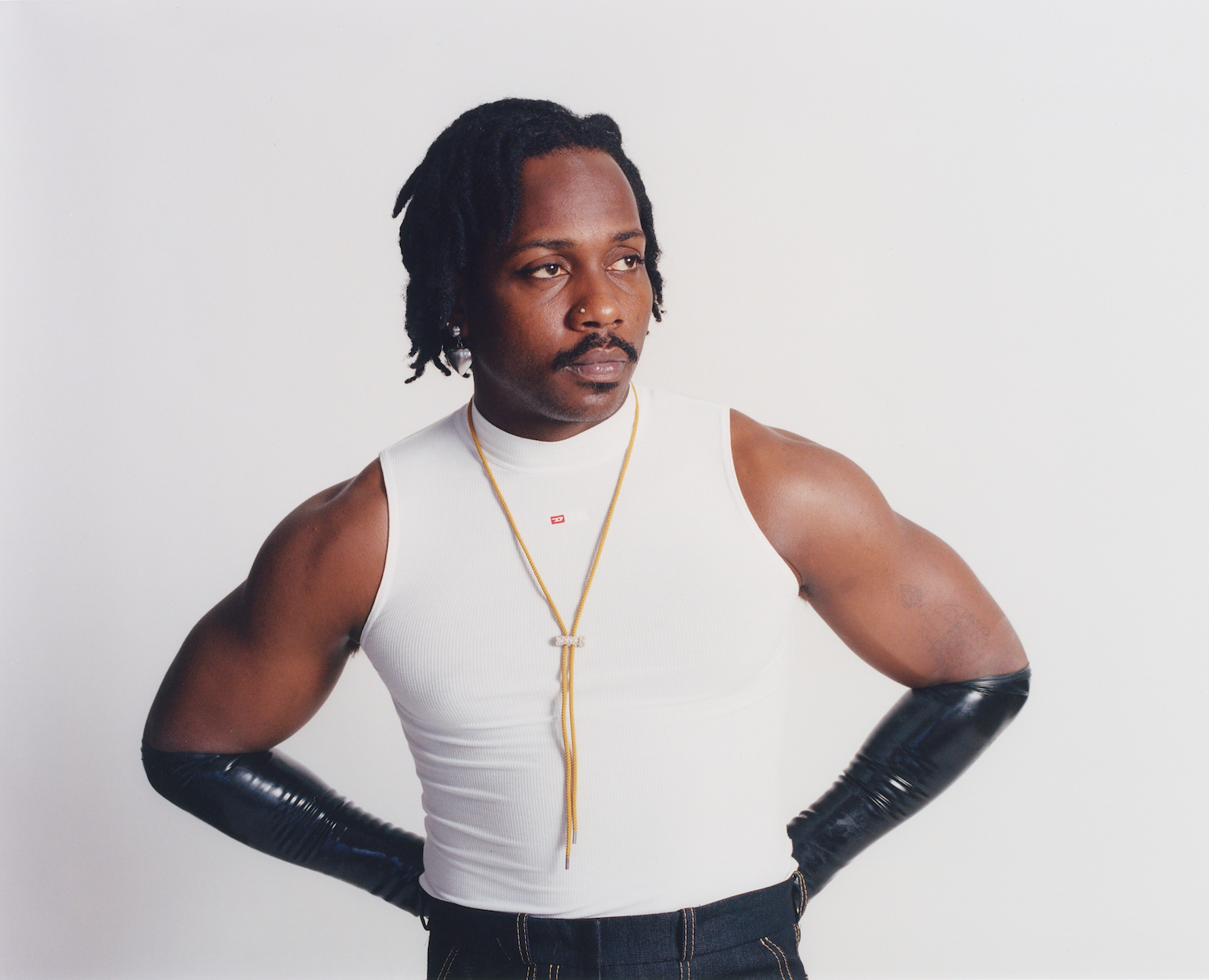
Yeah, did you kind of relish that transition? Did you enjoy the added responsibility that came with maybe becoming an artist?
Yeah, I enjoyed it. Because like, you know, as a producer, I’m just flipping through beats, I might make 10 beats a day, and then I’m not listening. I’m just flipping through stuff. You know, as an artist, I have a song and I’m living with that song constantly. Because like I said, before, I’m touring with that song. You know, I’m creating other things to go with that song. So I’m really getting to know that music, really becoming closer with it.
Yeah, definitely. In terms of my experience with you, my first introduction to you was through your song ‘Fuego’ with Tyler the Creator, because obviously I was a big Tyler fan. Given his kind of one of one vocal style, how important do you think lacing lyricism and vocal throughout house and dance music is? Do you think it kind of inputs a creative soul into it a bit more?
Look, I think Tyler’s a rapper, so that house music and rap, you know, hip hop was really popular when it first came out… I don’t know why I wasn’t born in that era. But I feel like now, if you speak about me, I approached house music from a genuine place. I wasn’t trying to make house music, like other people made it, you know, I took my experiences and where I’m from, and who I am, and I just made music. I approached it as if I was just making another song to express myself. I didn’t really be like, “I’m gonna go and do house music.” It was just what it was, just fall on the floor and beats in 120 BPM is just something that really resonated with me. And it was just something I wanted to do.
In the UK, and I’m not sure what it’s like in the US, some people have a disconnect with house music because they think they can’t really get into the groove of it. So obviously, when you added Tyler to such a melting pot kind of influence, it worked. But that’s exactly why I kind of cottoned on to you as well, because I love that song. In terms of your latest body of work, Real Cultural Sh*t has this kind of funky and kind of sexy rhythm to it and it feels really textured. You’ve previously mentioned how it acts as a precursor to your next wave, and I just wanted to ask what that might be. Are there any parts of your musicality that you’re yet to explore? You seem like you’ve covered a lot bases.
I think Real Cultural Sh*t was just a record that expressed where I was at the time. If you listen to it, I was really trying to work on my songwriting and song structure, you know, because one thing that really gravitated to me with house music was that, you know, I would listen to some songs and it’d be like eight minutes; I’m not approaching it with a song structure. So it became more more liberating to make because the producer side of me, you know, I’m in session with songwriters and we’re doing different things, we’re trying to make music that will be commercially successful so that we can have a successful career. But house music helps me to get out that mindset, because it became really routine for me to make a certain type of song and I wanted to get out of that, because I felt like I wasn’t expressing myself and who I wanted to be at times. So I think Real Cultural Sh*t was me taking my free flowing mind, you know, the mind that I have when I’m approaching dance music. I think taking that free flowing attitude that I have, also with the critic inside me that wants to make something that’s very commercially successful, I was trying to merge the two. With a track like ‘6am’, I think it’s obvious that I made it to be a festival song and popular and easy to listen to. The new body of work, you know, I’m trying to take that formula and expand upon it.
Suit – AMIRI, Vest – YOOX, Necklace – Ouie
Definitely, yeah. I mean, I’m looking forward to seeing what comes next. But in terms of the wider space, in popular culture, especially with dance music, there has been a recent popularisation of it. You’ve seen the likes of Drake and Beyonce, and more move into the space. Do you think that kind of expression comes from a good place?
I think any artist that tries different things and does what they want to do is good for the culture. Either way, you know, house music and mainstream, it’s not something I really get into. I’ll be here when it’s mainstream, I’ll be here when it’s not. You know, I love dance music. I love DJing. I love the dance music parties, and I love the culture. So, it’s just something I’ll be a part of whether it’s popular or not.
Getting into fashion, I know that you’re a big fan of Pharrell Williams, and he’s kind of influenced you growing up obviously; his debut collection for Louis Vuitton comes out today. Touching on that, what are your thoughts on his appointment at Louis Vuitton and do you like when icons in one lane intertwine themselves with other creative avenues like fashion?
Yeah, I mean, I was thinking about Pharrell. I always have to say thank you as I wouldn’t be here without Pharrell. When I was a kid, he was one of my biggest influences with the way I dressed and he got me out of a certain box that I was placed in as a kid, just growing up in Compton and being around gang culture so much. There wasn’t a lot of like, public figures that I could look to that had the street but also had this different style. But I feel like yes, I think it’s great for artists to get into different avenues. One thing we don’t talk about as artists is that just because you do music, it doesn’t mean you don’t have a mind to do something else. You don’t have to just be pigeonholed into one thing. You know, I think the world is very big. You can have different sides of yourself that you don’t even know. I think that, like, when you’re doing other art pieces, it can inform whatever your primary thing that people know you for, like, I’m not just known as a musician, I paint, you know, and I do fashion and I used to make my own clothes, I do a lot of things.
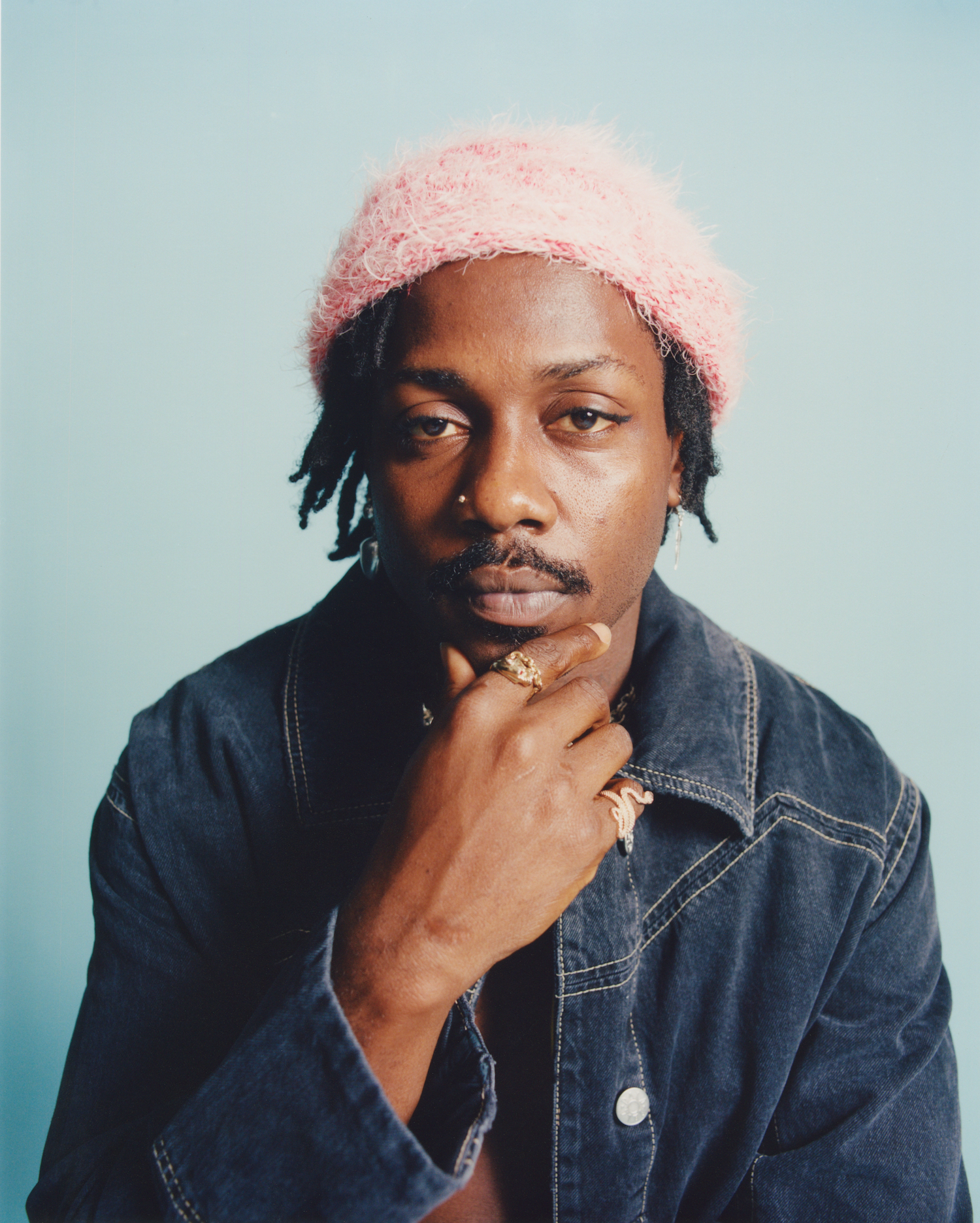
Jacket – Dala, Hat – Bloke, Necklace – Ouie
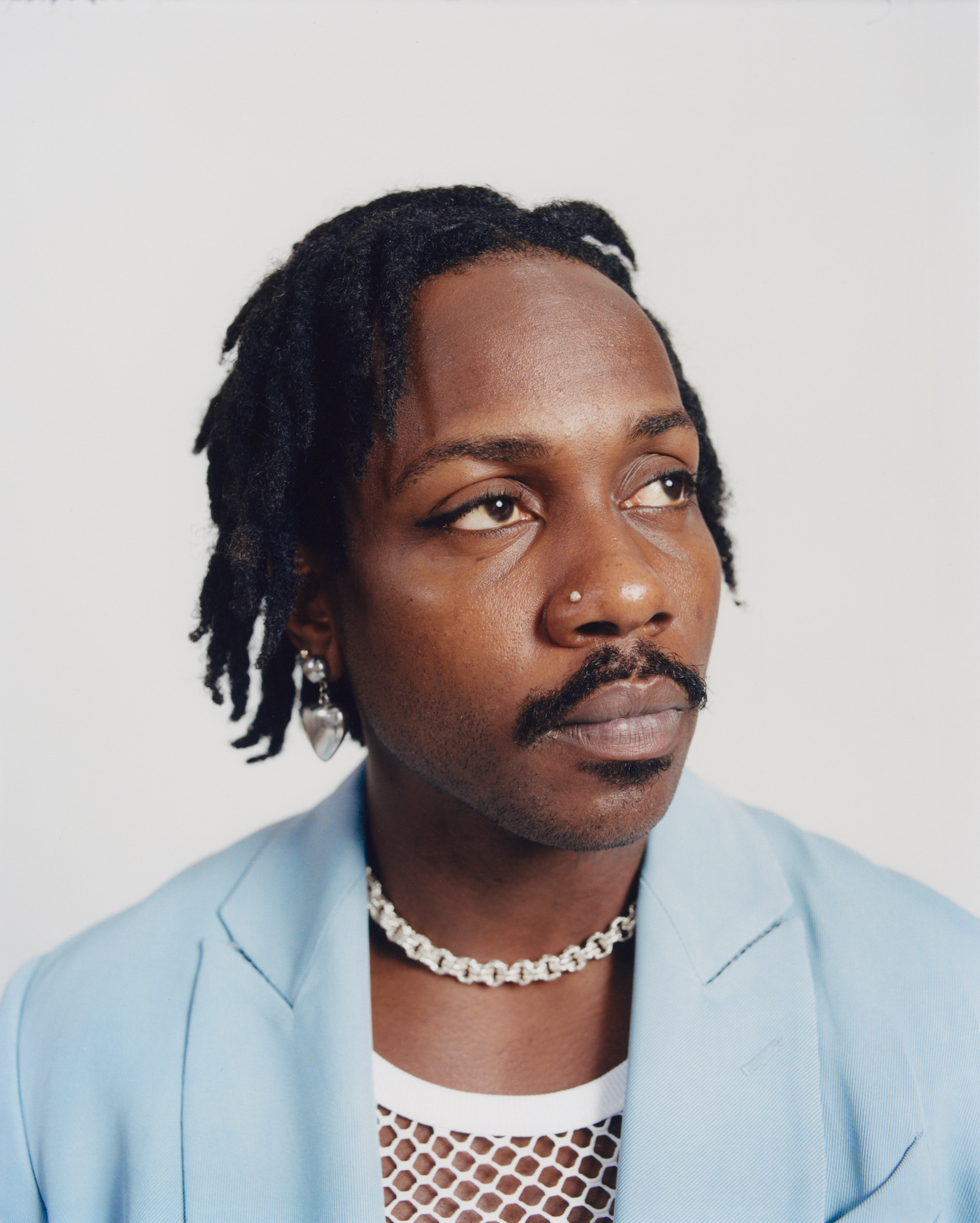
Yeah, definitely. Staying on your painting quickly, do you gather different things from your different avenues? Do you get touched creatively in different ways by music and your painting?
Yeah, well, sometimes with painting, I’m not necessarily doing it for people to look at or compare with something else. So it just really takes my mind off of things, it just frees my mind to just make stuff again. In music, I got to where I am now by just making stuff. But you know, sometimes when these other factors get involved like management, or you have to play a show, or you have to do this or that, there’s contracts and different things like that, it can start to get into the musical process. I’m at a place now where I don’t let it anymore, but early on, it would get into it. I use the other avenues of creativity, like photography, and painting and different things like that, to just really centre myself; I’m just creating because I want to have fun, and I want to like to do it. It reminds me too, when I go into the studio, you didn’t get here by overthinking, you got here by just having fun. You’re an artist and you love good things, so the thing that you’re making is going to be good. So yeah, just trust yourself. Doing other things outside of maybe my primary source of income, which is music, it helps me to get to approach music in that simple way and not overthink it. It’s all practice, you know, becoming a free person, and artistry and everything. It’s all about consistency and practice. So if you practice, you know, just being good, and doing things and practising that, that part of your brain, you just get better at it and then it becomes easier.
In terms of just touching on Pharrell Williams, and I know this is quite an impossible question to ask, but I’d like you to give me your Mount Rushmore of music. It’s your personal taste, doesn’t have to be any particular niche, just people that have influenced your creativity.
I would say the The Loneliest Monk, Kanye West, Prince, and Rick James.
That’s a really solid four. In terms of your creative process, you’ve talked about solitude in the past and i just wondered how much more value arrives through kind of putting yourself, by yourself? How much does that help you creatively?
It helps in informing me about what I want to talk about and what’s going on with me. I’m somebody who, when I come up with concepts for projects or songs, they usually come from really realistic things that have happened to me in the past or the present. So yeah, that informs me of what I want to talk about, and kind of just where I am in life and how I feel about things. But also, I’m learning that collaboration is very important because when you’re making something like that, you want people to listen to different things. It’s so good to have different perspectives in the room, I’m really big on creating a team of people that understand what the vision is and just work on that vision and get it out.
Yeah, definitely.
I used to like to be alone a lot, because that’s just what it was for me. In my earlier years, when I first started making music, I was just alone all the time, which was cool. But now that I’m older, and I’m just more open to seeing what other people are doing, I just need collaboration because it just makes the process more fun.
Yeah, definitely, I love when people collaborate with each other, especially people that you might not have expected to. In terms of growing up, you said how Pharrell kind of had that respect in multiple different areas and with different types of people. Obviously, in house music, for some people existence can be difficult to navigate, especially being young and Black. What advice would you give to people who feel might feel discouraged by what they see around them?
My advice would be, it’s gonna sound bad, but my advice would be to go to the library. I mean, how old because now we have computers and phones, but the library was a big place for me growing up because we didn’t have a computer at my house. I used to go to library and just look up stuff and look at certain books and find magazines and different things like that. And then also, if you’re at a school or in in a neighbourhood, there’s always a weird person at the school or youth centre that has come there from somewhere else to, like, help the community. I would point those people out when I was young and try to get connected to them and ask for advice, I would just gravitate to those people. There was this guy who rode a motorcycle. I went to juvenile school, because I dropped out at a certain time in high school, so I had to go back to a juvenile school, and there was this guy who came up there and he would always help us, but he rode a motorcycle and he looked so cool. And I would just ask him, like, “how did you get there?”. He told me how to pretty much work the system, get into college, using financial aid to fund different things. He spoke to me about women and not being distracted. And like, you know, the more successful you get, the better options you have, and it just encouraged me to want to travel the world. I would just say to try and use your resources, try to daydream, you know, really think about something and believe it.
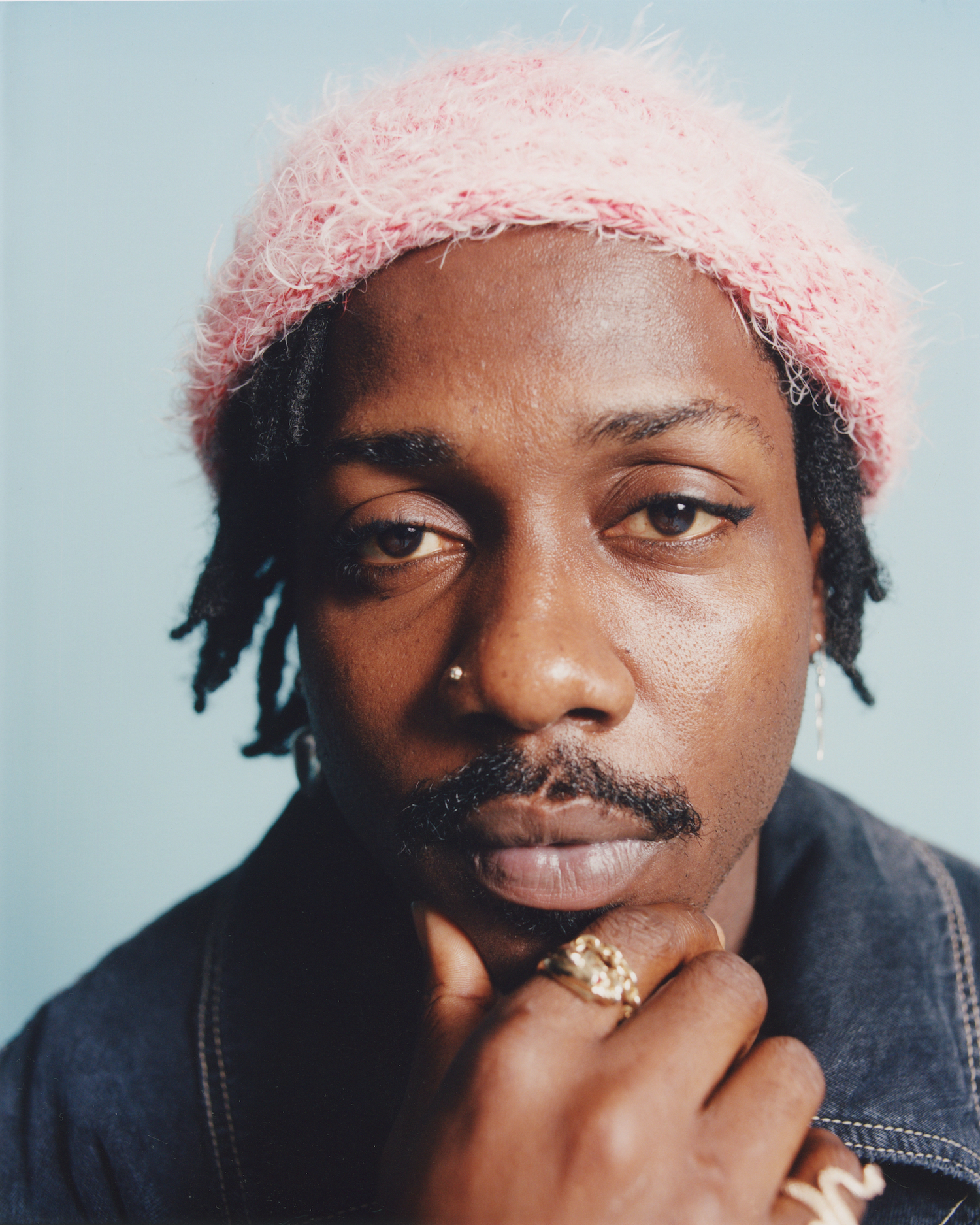

I mean, I think it’s great advice. To be honest, I think, even though you said we have everything at our disposal on phones, I don’t feel like people really pay attention and are actually picking their heads up all the time, because a lot of what can help you is right in front of you.
In terms of your own personal style, you seem to have quite a distinct affection for shape and flow in your outfits; I’ve looked through your Instagram feed and you’re wearing everything from flared trousers to skirts. Would you say that is a fair assessment? And what pockets of pop culture do you draw from for your style?
I think right now where I am, since I’ve been lifting weights and working out a lot, my body is different from when I was younger. I’m not as skinny anymore. I think right now it’s just about comfortability. Yeah, it’s just really about casual comfortability. I don’t really get into the detail of clothes, I just think, you know, the person you are can inform the way you dress, and now I look at women and I look at different things to inform the way I the way I want to dress. You know, like, the skirt thing. It was solely about comfortability, because when I’m on stage, it’s just so much better to dance in a skirt than in pants. Sometimes it’s hard to find my pant size, and then I’m moving around a lot. I’ve ripped a lot of pants on stage, so wearing a skirt and some leggings, I’m just able to move around and it looks cool. It’s fun. It’s more just fun to perform in.
Definitely. I’ve heard that before! Stylistically, I’ve also seen an affection for Converse, particularly with the Chuck 70 High. What is it about that silhoutte you like? What do you look for in a good shoe?
Converse for me… when I was in high school, we had a crew, it was called, like, Chuck Taylor Squad. It was just solely about who had the most pairs, who had the most Converse; I had that title for a couple of years. If you could wear a different pair of Converse to school every day, you were like a God.
That’s a prestigious title.
It’s just something that connects me to that high school person I was, which was a free person that used to draw my clothes. I rode my skateboard, and I just didn’t care. My hair was blonde. When I wear Chuck Taylors now, it’s just the same thing. It’s just like, you know, I could have a suit on that’s expensive Versace or Gucci, but I want to throw some Chuck Taylors on because they’re comfortable and they just remind me of who I was. You know the movie ‘The Sandlot’? Yeah, that was one of my favourite movies growing up, where Benny got the new pair of Converse.
Also, a great LA shoe as well.
Yeah, exactly. You just can’t go wrong! I still like putting other types of shoes and different things like that, but I just always find myself going back to Converse. It’s weird.
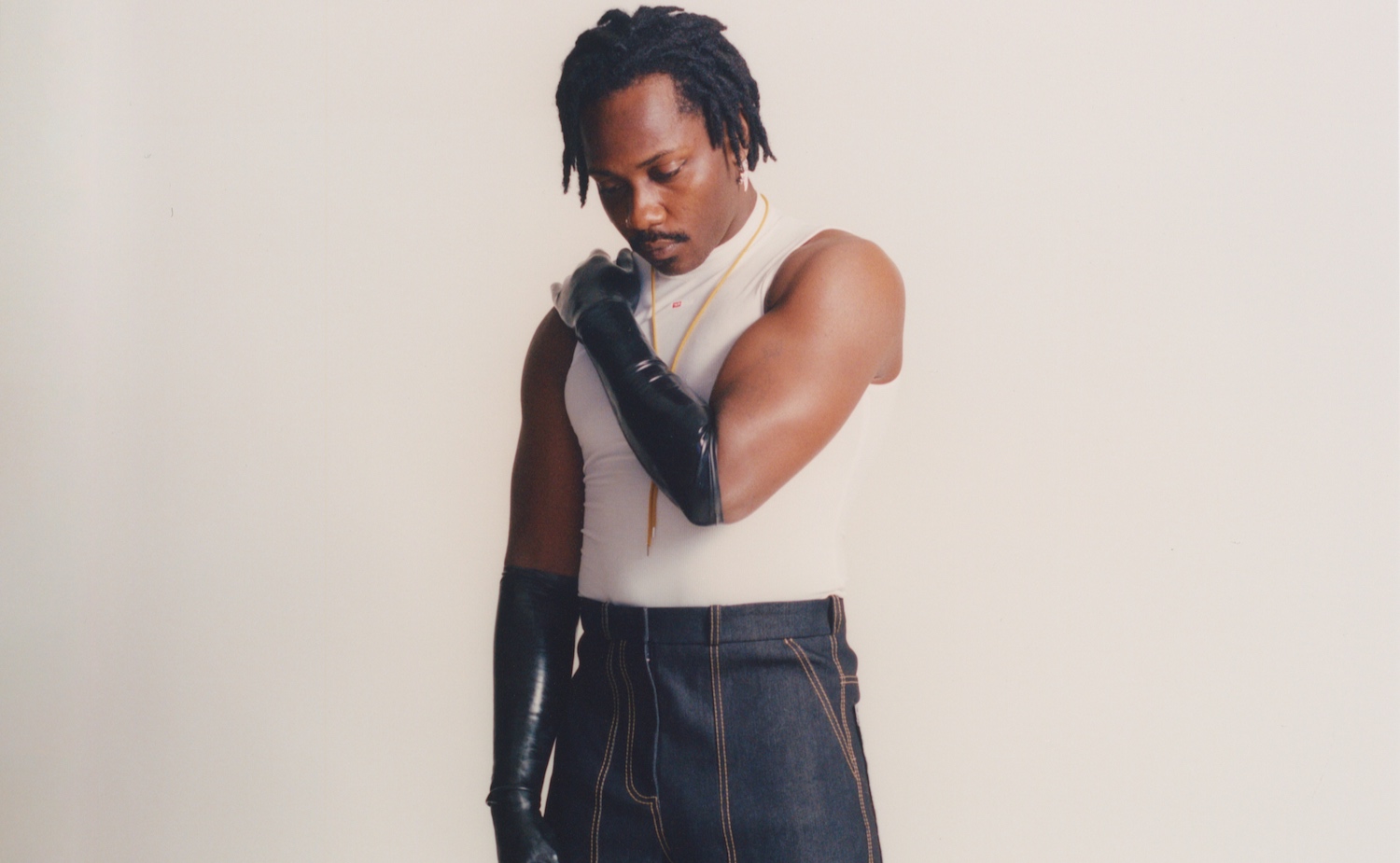
Yeah, I mean I still gravitate towards loads of silhouettes, particularly shoes, I draw comfort from, so I completely relate to that.
As you get older, you’re just not trying to live. Like, I moved away, I don’t live with my parents and I’m by myself, so sometimes you look up and you just feel lonely sometimes, so that’s why I have pictures of my grandma in my house and I have my Converse lined up the same way I did when I was in high school. I just look at that as a reminder that like, you know, although I’m this new version of myself, I’m still him.
Yeah, it feels like grounding yourself and that is something that can always draw you to kind of centre yourself a little bit, which is always a must.
If you had one fit for the rest of your life, just a basic fit, what would you choose and what would it look like? How would it represent you?
One fit, man… apparel, like flared pants with a pair of like black and white Chucks and you know, a white t-shirt, but it needs to be a size medium or small so that it could squeeze my body, so you can see my frame. And then a belt… I would say a Gucci belt, just because… and then some jewellery like a necklace and some rings, and then a pair of shades. I’m good to go. Oh, and a cardigan.
Finally, what are some things you’re looking forward to? What’s next for you moving forward?
Obviously, working on my debut album, that’s something that I’m looking forward to. Being signed to a label and having a good team behind me, the music that I’m making. I’m very much looking forward to that. I’m looking forward to building things outside of music. Music is something that I’ve worked on for so long and now it’s kind of at a place where it’s really working for me, and I just want to take that same mindset that I used to build this music and put it towards something else. I don’t really know what that is yet, so I’m pretty excited about that. I’m also excited to meet fans that I haven’t met and play different shows that I haven’t played, do things I haven’t done with the production of my show… I’m just very excited and I’m looking forward to it.
Follow Channel Tres on Instagram
